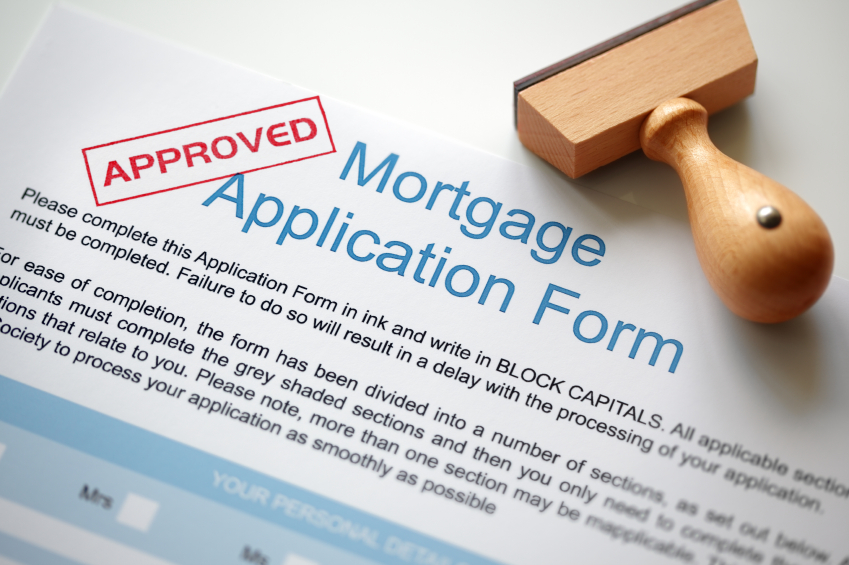Home » Uncategorised »
Mortgage Approvals Drop to 15-Month Low in Brexit Month
This article is an external press release originally published on the Landlord News website, which has now been migrated to the Just Landlords blog.

Mortgage approvals dropped to a 15-month low in June amid concerns over the Brexit vote, according to figures from the British Bankers’ Association (BBA).

Mortgage Approvals Drop to 15-Month Low in Brexit Month
Data from the trade body shows that mortgage approvals for house purchase fell from 41,842 in May to 40,103 in June, while net lending dropped from £1.6 billion to £1.3 billion over the same period.
On an annual basis, the number of approvals is 11% lower. However, in the first half of the year, approvals were 5.5% higher than in the same period of 2015.
Although the number of mortgage approvals was down, the total value of loans was up, with gross mortgage borrowing of £12.2 billion in June, up by 4% on the same month last year. Borrowing for the first six months of 2016 totalled £79.9 billion, which is up on the £63.6 billion recorded in the same period of 2015.
The Chief Economist at the BBA, Dr. Rebecca Harding, comments: “This month’s high street banking data reflects the uncertainty that was felt ahead of the EU referendum. Business borrowing in June dropped for the first time in 2016, signalling that investment decisions were being delayed until after the vote.
“Mortgage lending and approvals also fell back in June, but remain above the low levels seen in April following the introduction of the Stamp Duty surcharge.”
Andrew McPhillips, the Chief Economist at Yorkshire Building Society, also responds to the data: “These figures show that homebuyers chose not to postpone getting on the housing ladder, despite uncertainty around the EU referendum. That said, it’s important to note that increases in lending are not solely influenced by movements in demand, but also by house prices.
“Current levels of house price inflation are putting upwards pressure on the size of the loans people are taking out, which is, in turn, driving up mortgage lending. There was a 4.9% monthly increase in property transactions in June, according to HMRC, and the fact that lending is increasing on a much steeper scale shows how house price increases are affecting the mortgage market.”
He continues: “Looking at the long-term trends, property transactions are actually down by 10.2% on last year, compared with a 4% increase in lending over the same period. The consequence of increasing house prices is that many people are being pushed out of the market due to the amount of money required to get on the property ladder.
“There is a clear need for more homes to be built, which should act to reduce house price inflation and help to make homes more affordable.”
Positively, however, the latest figures from housebuilder Taylor Wimpey show that customer interest in new homes remains strong, despite uncertainty surrounding the Brexit vote. If the firm continues to build homes at the current rate, housing supply should increase significantly, relieving the pressure on the property market.



